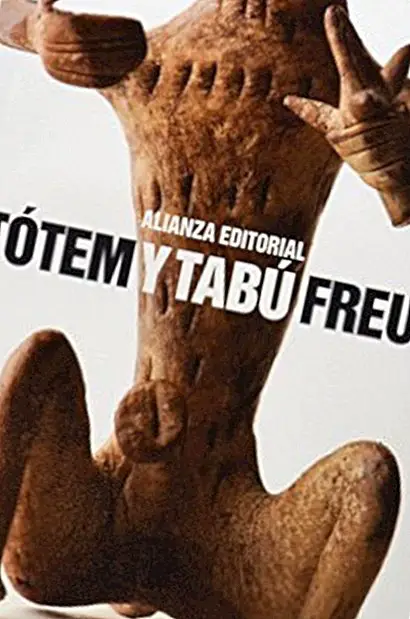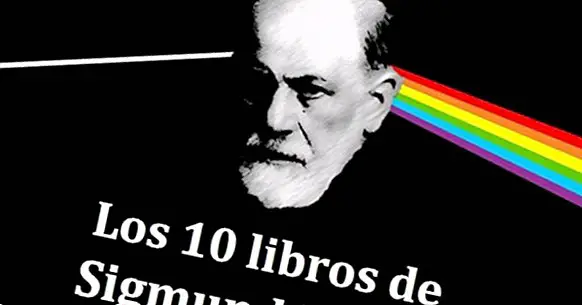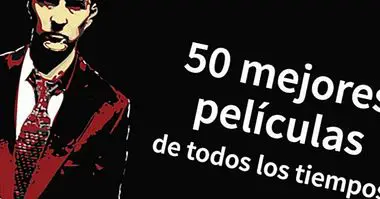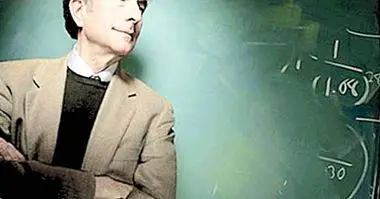The 10 most important Sigmund Freud books
Sigmund Freud is as loved as he is hated, but there is no doubt that his theoretical legacy has left marks in our culture and our society .
Although his ideas have been totally out of date with regard to his explanations about the functioning of mental processes, both our way of thinking and our way of creating culture have, in part, their mark.
The most important and influential books of Sigmund Freud
That is why, even decades after his death, the work of the father of psychoanalysis remains of general interest.
Then You can see a small list with the most important Freud books , so you can deepen your ideas and value them with critical sense. The order in which they are listed is chronological, according to their year of publication.
1. Studies on hysteria (1895)
This book, written by Sigmund Freud and his mentor Josef Breuer, is the seed of the psychodynamic theory that Freud would create during the years following the publication of these writings . It is also the set of texts in which the ideas about the unconscious are intuited, which would later give rise to the great theories of psychoanalysis, although in this case the subject has a greater relationship with psychiatry and clinical psychology at the end of the 19th century.
You can buy it by clicking on this link.

2. The interpretation of dreams (1900)
For many people, this is the book with which psychoanalysis was born . In this work Freud develops the idea that dreams could be the field in which unconscious thoughts emerge to consciousness disguised through messages transmitted in a symbolic way. Thus, the dreams would be expressions of repressed desires that take advantage to lean out to meet the conscious mind when we sleep.
You can buy it here.

3. Psychopathology of everyday life (1901)
The theory created by Sigmund Freud not only deals with the causes of the symptoms of serious mental illness . It also tries to explain the fundamental psychological mechanisms that are behind the actions of the human being in general.
This is one of the books written by Freud in which the psychoanalyst explains the way in which, in his view, the functioning of our unconscious gives rise to the appearance of small inconsistencies in our way of behaving: slip, confuse words at the time of expressing ourselves and, in general, what Freud called failed acts. It also explains the possible failures in the functioning of the human psyche that from their perspective could be behind these phenomena.
You can buy it through this link.

4. Three essays on sexual theory (1905)
Sexuality had a very important role in Freudian theory . In fact, some of his students distanced themselves from him, among other things, because of the emphasis with which the father of psychoanalysis defended the centrality of the sexual as part of the unconscious and instinctual machinery that makes us behave as we do.
This is one of Freud's most important books because it contains the ideas that shape the Freudian theory of psychosexual development.
You can buy it here.

5. Totem and Taboo (1913)
Unlike the rest of Freud's books, this selection of essays goes beyond the clinical scope to delve into those phenomena rooted historically in the social and cultural. The conclusions found between the pages of this work have implications on issues such as religion, rituals and even archeology .
The content of this work is more philosophical and anthropological than the rest of Freud's books.
Buy it here

6. Introduction of narcissism (1914)
The content of this book is a review of Freud's theory of drives. In Introduction of narcissism, Freud explains that narcissism is part of the normal functioning of the psyche and that its seed is present from the early stages of psychosexual development.
You can buy it here.

7. Introduction to psychoanalysis (1917)
Who better to give us to know psychoanalysis than the person who created it?
Among the pages of this work, Sigmund Freud explains the main foundations of psychoanalytic theory and points out the fundamental pillars on which the work of the psychoanalyst should be based. It is a good option to get a general idea of what Freud understood by neurosis, unconscious, dreams, repression, etc.
Buy it here

8. Beyond the pleasure principle (1920)
This is Freud's first book in which a distinction appears between the life drives (Eros) and the death drives (Tanathos). In addition, the theory of the instincts of Sigmund Freud is portrayed here with a great level of detail
Buy it through this link.

9. The me and the id (1923)
The theory of ego structures it is of total relevance within Freud's work, and in this book its foundations are well explained. The difference between the It, the Self and the Super-ego, as well as the principles by which they are governed and their role in the human psyche, are analyzed in depth.
Buy it here

10. The malaise in the culture (1930)
Being that Sigmund Freud was very concerned about the tensions between the individual drives of each one and the conflict in which they came into conflict with the norms of behavior, it is not surprising that he dedicated one of his books to examine the fit between the individual and culture . The basic idea that is reflected in the pages of this essay is that, as the interests of civilization and the primary desires of individuals are in constant tension, this generates a chronic feeling of discomfort.
This is one of the most important Freud books from the perspective of social psychology.
Buy it here




















